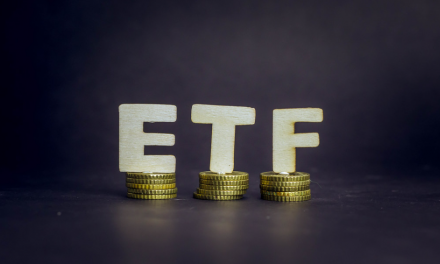Blockchain technology, surpassing initial expectations from the early 2000s, has deeply permeated modern entrepreneurship and established businesses. Initially confined to niche circles, it’s now a favored tool for entrepreneurs, driving innovation and adding substantial value for customers. This technology is tackling long-standing market challenges that many companies face today.
Core Attributes of Blockchain
Transparency and Reliability
Traditional data management often relies on the create, read, update, and delete (CRUD) model, utilizing private databases controlled by central authorities. Some businesses still use paper records as backups. However, these methods have drawbacks, including potential data manipulation and vulnerability to cyberattacks.
Blockchain introduces a game-changing approach: an immutable ledger visible to all levels within an organization, from CEOs to janitors. This universal access ensures accountability and trust in the company’s records.
Enhanced Security
Blockchain’s inherent security features, like cryptography and consensus mechanisms, set it apart. Data is transformed into encrypted hashes (e.g., Bitcoin’s SHA-256 algorithm), fortifying data privacy.
The consensus mechanism ensures only valid data enters the blockchain, rendering it unchangeable post-entry. As the blockchain grows, its security strengthens, safeguarding against unauthorized alterations.
Eliminating Middlemen
Traditional business processes often involve numerous intermediaries, making transactions lengthy and expensive. Blockchain facilitates direct peer-to-peer transactions, cutting out intermediaries and saving resources for other vital areas like R&D or marketing.
Smart Contracts
Blockchain introduces smart contracts, initially popularized by Ethereum. These self-executing codes activate when preset conditions are met, streamlining legal processes and reducing resource expenditure. They offer transparency, with terms visible to all involved parties.
Tokenomics
In a move away from traditional fiat currencies, blockchain enables a token-based economy. Digital assets like Bitcoin, Ethereum, and Solana represent value and facilitate transactions, bypassing the instability of conventional financial systems.
Challenges and Future Prospects
Despite its potential, blockchain isn’t without challenges. Interoperability between various blockchains remains a hurdle, limiting ecosystem communication. While 51% attacks are rare, they’re not impossible, and networks have experienced them. Additionally, the threat of data breaches and token manipulation by hackers persists.
Nevertheless, this technology is still evolving. Continuous innovation and research promise to address these challenges, attracting developers and entrepreneurs worldwide.
As blockchain matures, it’s poised to become an even more integral component of modern startups, reshaping how businesses operate and innovate.





